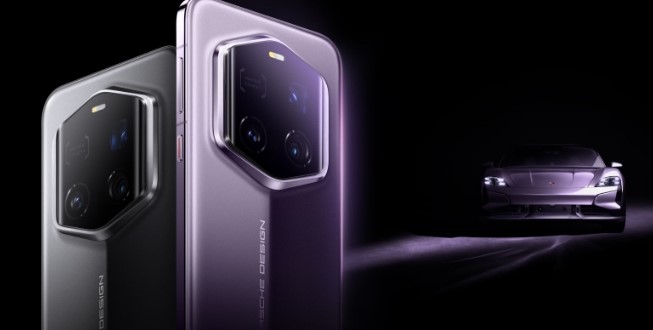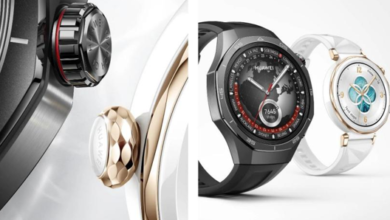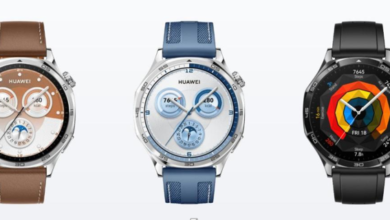How to Choose the Right Smartphone Based on Your Real Needs?

Smartphones have become essential tools in our daily lives, handling everything from communication to entertainment and work. Choosing the right one can significantly impact your productivity, convenience, and even your budget. With so many options available, it’s easy to feel overwhelmed. Should you prioritize camera quality, battery life, or processing power? The answer depends on how you use your device. In this article, we’ll break down the key factors to consider so you can make an informed decision.
What Do You Really Need in a Smartphone?
Casual User vs. Power User: Which Are You?
If you mostly use your phone for calls, messaging, social media, and occasional browsing, you fall into the casual user category. For you, a mid-range device with decent battery life and a good display will suffice. You don’t need the fastest processor or the highest refresh rate screen—these features won’t drastically improve your experience. On the other hand, power users push their devices to the limit. If you frequently edit videos, play graphics-intensive games, or run multiple apps simultaneously, investing in a high-performance smartphone with a powerful chipset and ample RAM is wise. Understanding your usage patterns is the first step in narrowing down your options.
Camera Enthusiast, Gamer, or Multitasker?
Your smartphone should align with your hobbies and daily routines. Camera enthusiasts should prioritize devices with advanced sensor technology, optical image stabilization, and high-resolution lenses. Look for phones that excel in low-light performance if you often take evening shots. Gamers, meanwhile, need high refresh rate displays (90Hz or 120Hz) and strong thermal management to prevent overheating during long sessions. Multitaskers—those who juggle work emails, video calls, and productivity apps—should focus on devices with large RAM (8GB or more) and efficient software optimization. By identifying your primary use case, you can avoid paying for unnecessary features.

Must-Check Features Before Buying
Display & Refresh Rate: Does It Affect Your Experience?
A smartphone’s display is your window to everything—from reading text to watching videos. For most users, a Full HD+ resolution is sufficient, offering sharp visuals without draining the battery excessively. However, if you consume a lot of high-definition content, consider an AMOLED or OLED screen for deeper blacks and vibrant colors. Refresh rate is another critical factor. Standard 60Hz displays work fine for casual scrolling, but a 90Hz or 120Hz refresh rate makes animations smoother, enhancing gaming and overall navigation. Keep in mind that higher refresh rates consume more battery, so balance is key.
Battery Life & Fast Charging: What Should You Prioritize?
Battery life is one of the most practical concerns for smartphone users. A device with a 4,500mAh to 5,000mAh battery can comfortably last a full day for moderate usage. However, heavy users—especially gamers or those who stream videos for hours—should aim for even larger capacities. Fast charging is equally important. A phone that supports 30W or higher charging can refuel quickly, reducing downtime. Some premium models even offer wireless charging, which adds convenience but isn’t a necessity for everyone. If you’re often on the go, prioritize battery endurance over ultra-fast charging speeds.
Software & Security Updates: How Long Will Your Phone Last?
A smartphone’s longevity isn’t just about hardware—software support matters just as much. Manufacturers that provide regular security updates and OS upgrades ensure your device stays secure and functional for years. Ideally, choose a brand that commits to at least three years of major updates. Bloatware (pre-installed unnecessary apps) can also slow down your phone, so opt for devices with clean, near-stock software experiences if performance is a priority. A well-supported phone not only remains secure but also retains better resale value over time.
Does Brand Reputation Matter?
While brand reputation shouldn’t be the sole deciding factor, it does play a role in reliability and after-sales service. Established brands often have better customer support and easier access to repairs. However, newer or lesser-known brands sometimes offer impressive specs at lower prices. Research user reviews and long-term reliability reports before making a decision. A flashy new feature might seem appealing, but consistent performance and dependable service matter more in the long run.
Final Tips Before You Buy
Before finalizing your purchase, consider these practical tips: First, if possible, test the phone in-store to see how it feels in your hand and whether the display suits your eyes. Next, compare prices across retailers, as sales and discounts can save you a significant amount. Additionally, think about storage; if you take many photos or install numerous apps, opting for 128GB or 256GB is safer than just 64GB. Finally, check carrier compatibility to ensure the phone works with your network’s bands.
Conclusion
Choosing the right smartphone doesn’t have to be complicated. By assessing your needs, prioritizing key features, and researching thoroughly, you can find a device that fits seamlessly into your lifestyle. For those seeking cutting-edge innovation, the HONOR Magic7 RSR Porsche Design stands out with its premium build, 3D ultrasonic fingerprint unlocking, and powerful performance tailored for demanding users. Whether you value photography, gaming, or productivity, the perfect smartphone is out there—happy shopping!






